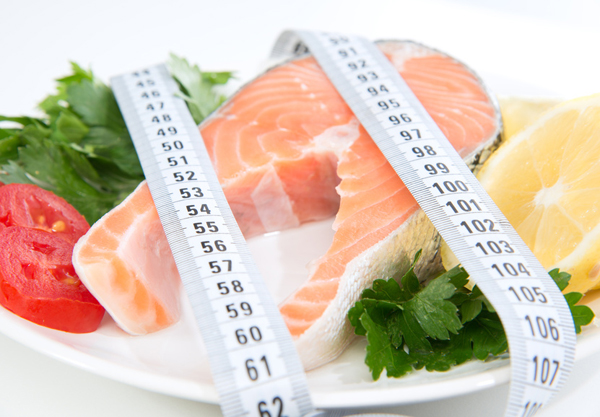There are countless studies being conducted on weight loss as we speak. Some are trying to find ways to make it more effecient while others want to proof/disproof some dietary advice that’s been given out by every dietician for years. While there is nothing more efficient than cutting back calories and upping exercise for losing weight some people wouldn’t mind additional tools and tricks to keep them on track. Well, let’s look at the scientifically-proven ways to lose weight.
Scientifically Proven Weight Loss Methods

Tracking Calories
Studies show that people who keep track of everything they eat lose more weight than those who don’t. What’s the best way to count calories and get accounted for everything you put in your mouth than a good ol’ food diary? It’s much easier than you think. There are plenty of apps out there for both your laptop and smartphone that you can use to not only record and count calories you already consumed but also track the quality of the food you eat, spot food allergies or intolerance, and plan your meals way ahead.
Eating Quality Foods
Whole nutrient-dense foods are important for many reasons. They provide our bodies with vitamins, minerals, and help prevent diseases. A 2012 review from “Nutrition Reviews” shows that most Americans don’t consume enough fiber, which may lead to such diseases as type 2 diabetes, high blood pressure, high cholesterol and other conditions. The lack of one nutrient is usually substituted with other nutrients. In this case a high-carb low-fiber diet can be a problem. This is why keeping a food diary can actually help you see the nutrients you lack. Upping protein as well as fiber and cutting simple carbs can be a good start if your regular diet consists majorly of fast food. Increased consumption of protein has shown to promote weight loss. Opt for eggs at breakfast instead of bagel if you want to feel more satied and consume less calories throughout the day.
Exercising Mindful Eating
When you eat in front of the TV, you can eat much more than you need or think. Multiple studies showed change in obese individuals who exercised mindful eating over the course of a few months. Simply paying attention to what, where, why and how you’re eating can prevent you from consuming extra calories. Serving your food and eating with a fork and knife can also make you more cautious of what and how you eat. Chewing your food thoroughly can not only help you not overeat but also enjoy it more.
Practicing Portion Control
Portion control is a simple math. The bigger your portion the more calories you consume. The more calories you consume, the less you move, the more weight you gain. Simple. There are many ways to practice portion control from buying blue dishes to switching to smaller saucer-style plates. If you tend to grab seconds make sure to wait at least twenty minutes after your meal to let your stomach signal the brain about what you just ate. Your brain may not realize it immediately after you had food.
If you want to lose weight focus on adding good foods to your diet. Start with fruit and vegetables, make healthy substitutions, and focus on building muscle while losing fat via exercise instead of just trying to lose abstract weight.
Mona Liz
Latest posts by Mona Liz (see all)
- All About Sweat: 3 Must-Know Facts - June 15, 2016
- Mermaid Fitness Trend Is A Real Thing - June 13, 2016
- This Fitness Trend Got Millions People Interested - June 10, 2016













